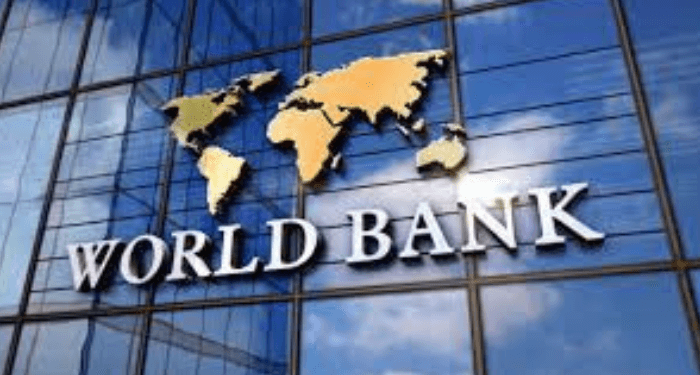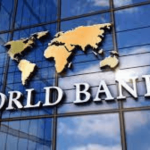The World Bank’s Vice President and Chief Economist, Indermit Gill, has urged the Nigerian government to remain committed to its ongoing economic reforms despite the immediate hardship they have imposed on citizens. Speaking at the 30th Nigeria Economic Summit (#NES30#) in Abuja, Gill acknowledged the difficulties brought on by rising prices and other challenges, particularly for the most vulnerable Nigerians, but stressed that these reforms are necessary to ensure long-term economic stability and growth.
He praised the Central Bank of Nigeria (CBN) for its decision to unify exchange rates, a key move toward stabilizing the economy. However, he emphasized that while such reforms are essential, the federal government must take additional steps to protect vulnerable populations from the worst impacts. “The government must do everything in its power to protect the most vulnerable citizens against hardships because their lives and the lives of 110 million children depend on it,” Gill said.
Reforms: The Path to Economic Transformation
Gill was clear in his support for the government’s reform agenda, which, despite its difficulties, he believes could reshape not only Nigeria’s economy but also that of the wider Sub-Saharan African region. According to Gill, these reforms are essential for returning Nigeria to a path of sustainable growth. “If you sustain these reforms, they will transform the Nigerian economy and that of Sub-Saharan Africa,” he stated.
Drawing lessons from global examples, Gill referred to the experiences of countries like Norway, Poland, and Korea, which successfully implemented tough reforms over the past 40 years and reaped significant economic benefits. “It is very difficult to do these things, but the rewards are massive,” he added.
The Price of Reform and Need for Support
While endorsing the reform agenda, Gill admitted that Nigerians are currently paying a high price for these changes. Rising food and transportation costs are particularly affecting the country’s poorest citizens. He emphasized that the reforms from 2003 to 2007 were similarly beneficial but failed to achieve their full potential because they were not sustained. To avoid repeating this mistake, he urged Nigeria to continue its current reforms while prioritizing measures that alleviate the burden on the most affected.
One of his key recommendations was for the government to install cost-effective safety nets for vulnerable households. He suggested using savings from the removal of fuel subsidies and exchange rate unification to fund these support systems. “Every vulnerable household needs government support to survive the current difficulties,” he warned.
Long-Term Solutions for Economic Growth
Gill outlined three critical steps Nigeria must take to ensure long-term economic growth:
- Prioritize Non-Oil Exports: To reduce its dependence on oil, Nigeria must focus on growing its non-oil export sector. Building foreign reserves will also provide a buffer against the volatility of global oil prices. “You must build foreign reserves as a buffer against oil volatility,” Gill advised, adding that CBN Governor Olayemi Cardoso is already taking necessary actions in this regard.
- Install Safety Nets for Vulnerable Citizens: The economic reforms have been painful for many, and Gill underscored the need to create safety nets to protect the most vulnerable groups. This would require reallocating resources saved from subsidy removals and exchange rate reforms.
- Job Creation: With more than 12 million Nigerians expected to enter the workforce over the next decade, job creation is a critical priority. Gill emphasized that Nigeria must attract more investments, particularly in sectors beyond oil, to meet the massive demand for employment. “Nigerians’ need for jobs is immense,” he said.
A Call for Commitment
Gill concluded by calling on the Nigerian government to stay the course, stressing that the future of Nigeria’s economy, as well as that of 110 million children, depends on the success of these reforms. He encouraged policymakers to embrace the challenges and rewards that come with economic transformation. “The government must do everything in its power to protect the most vulnerable citizens,” he stated, reinforcing that these reforms could create a foundation for sustainable growth not only for Nigeria but for Sub-Saharan Africa as well.
With Nigeria facing increasing economic pressures, Gill’s remarks provide both a stark reminder of the challenges ahead and a roadmap for future growth, highlighting the critical importance of sustained reform, investment, and social protection measures.










